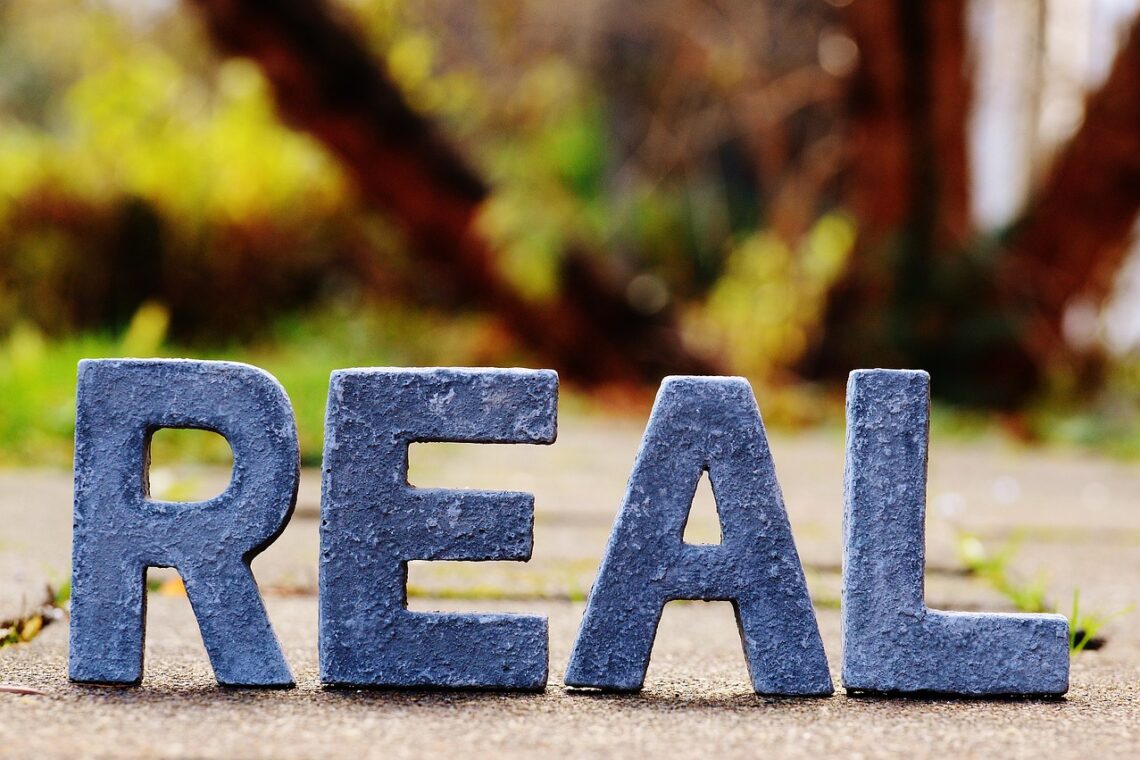In today’s world, many people live in a realm of misconceptions. These false beliefs are widely accepted in society and often taken for granted as true. However, these misconceptions are, in fact, incorrect, creating social fallacies that can lead to significant issues.
Stereotypes and Prejudices: Misunderstanding Others
Stereotypes and prejudices lead individuals to develop false beliefs about specific groups. For instance, biases based on ethnicity or religion can result in unfair treatment and discrimination against these groups. These false beliefs create divisions among people and undermine social cohesion.
The Power of Media: Falsehoods Masquerading as Truths
The media plays a pivotal role in the propagation of widespread misconceptions. False or misleading information can rapidly spread through news outlets, social media, and people tend to trust this information. Hence, media literacy underscores the importance of critically evaluating information.
Health and Medicine: The Impact of False Beliefs on Health
Certain prevalent health misconceptions in society can influence individuals’ health decisions. For example, the false belief that alternative medicine can replace scientific medicine can lead to severe health issues. Decisions based on scientific knowledge are crucial for safeguarding one’s health.

Political Manipulation: The Role of False Beliefs in Politics
Politics often serves as a platform for manipulation using societal misconceptions. Political leaders or groups may employ false information or propaganda to sway public opinion. This can result in the dissemination of misconceptions during elections or on political matters.
Overcoming False Beliefs
Overcoming false beliefs requires an approach rooted in education, critical thinking, and reliance on information from trustworthy sources. Scientific methods and information obtained from credible sources can help rectify misconceptions. Additionally, creating social awareness and providing education play pivotal roles in reducing such misconceptions.
In conclusion, social misconceptions represent commonly accepted yet false beliefs that can significantly impact our daily lives and, at times, lead to substantial problems. Nevertheless, critical thinking and informed decision-making can help us tackle these misconceptions and steer our society towards a more conscious and healthier path.

